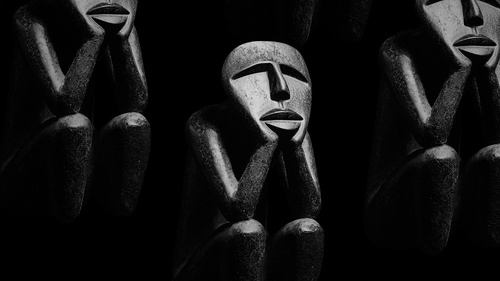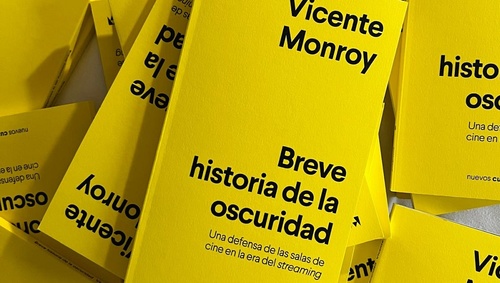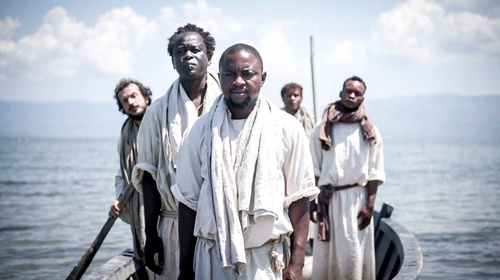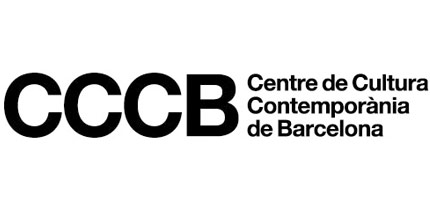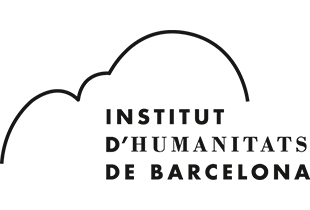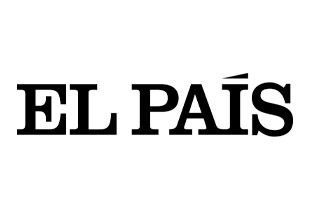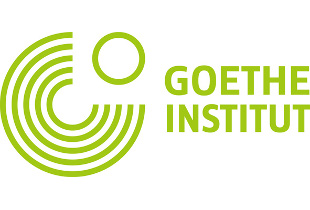The legacy of Hannah Arendt
Audiovisuals + Debate
Free
The work of German philosopher Hannah Arendt has become very important in today's debate about ideas. René Char's phrase, so frequently cited by Hannah Arendt, can probably be referred to her work: "Our heritage has been handed over to us without a testament." The trite praise, that her figure is constantly growing and with the passing of time and successive readers becoming more important in the debate of ideas, is very fitting. Yet the issues remain of the overall nature of her proposal, of the value to be accorded to the body of her contributions, of the meaning, in short, of everything she thought.
This seminar sets out to further the necessary task of interpretation of Arendt's legacy, highlighting those areas in which her proposals have had the greatest influence, those that have sparked off debates and discussions that are very relevant to a clarification of the times in which it is our lot to live. The lectures will be accompanied by screenings that illustrate the relevance of Hannah Arendt's ideas to contemporary thought.
Josep Ramoneda, Director of the CCCB
Manuel Cruz, Professor of Contemporary Philosophy at the Universitat de Barcelona
Helena Béjar, lecturer in Sociology at the Universidad Complutense de Madrid
Giacomo Marramao, lecturer in Political philosophy at the Università di Roma Tre
Fernando Vallespín, Director of the Centro de Investigaciones Sociológicas, Madrid
Xavier Antich, lecturer in Aesthetics and Philosophy at the Universitat de Girona
Cristina Sánchez, lecturer in Philosophy of Law at the Universidad Autónoma de Madrid
Zur Person: Porträts in Frage und Antwort. Günter Gaus im Gespräch mit Hannah Arendt
Günter Gaus interviews Hannah Arendt, 1964, 72', Spanish subtitles
In a little over an hour, the German philosopher talks about the issues that most marked her in the course of her life and intellectual activity: the formative years, the coming to power of Nazism, links with Judaism, exile in the USA, her relations with Europe and Germany, and the trial in Jerusalem of Adolf Eichmann.
Un certain regard: Hannah Arendt et Roger Errera, Jean-Claude Lubtchansky, 1974, 50', Spanish subtitles
In this interview, Hannah Arendt explains the particularities of the US democracy, with emphasis on the Constitution, a fundamental element in this society. The philosopher compares Europe and the United States, particularly with regard to the international politics of the time, and delivers a penetrating and erudite lesson in history.
Hannah Arendt, la jeune fille étrangère, Egal Errera, 1997, 51', Spanish subtitles
Hannah Arendt formed part of all the major 20th-century combats, in which she combined thought and action in equal measure. This documentary produces a portrait of her based on her correspondence with Martin Heidegger and Karl Jaspers.
Un spécialiste: portrait d'un criminel moderne, Rony Brauman and Eyal Sivan, 1999, 123' Spanish subtitles
Taking one of Hannah Arendt's reflection as their inspiration, Rony Brauman and Eyal Sivan present the SS officer Adolf Eichmann, filmed during his trial in 1961, and try to answer the question: what is the face of evil? Rather than a documentary about the "final solution", this drama in images presents a portrait of a monstrously ordinary individual and gives a dramatic lesson in ethics and history.
Directors: Manuel Cruz
![[Undefined key: peu_imatge_default_audiovisuals]](https://www.cccb.org/public/img/default/default_audiovisuals.jpg)
